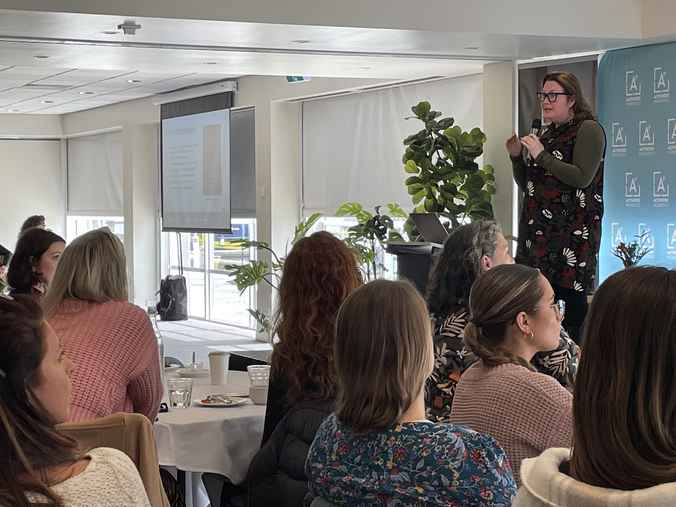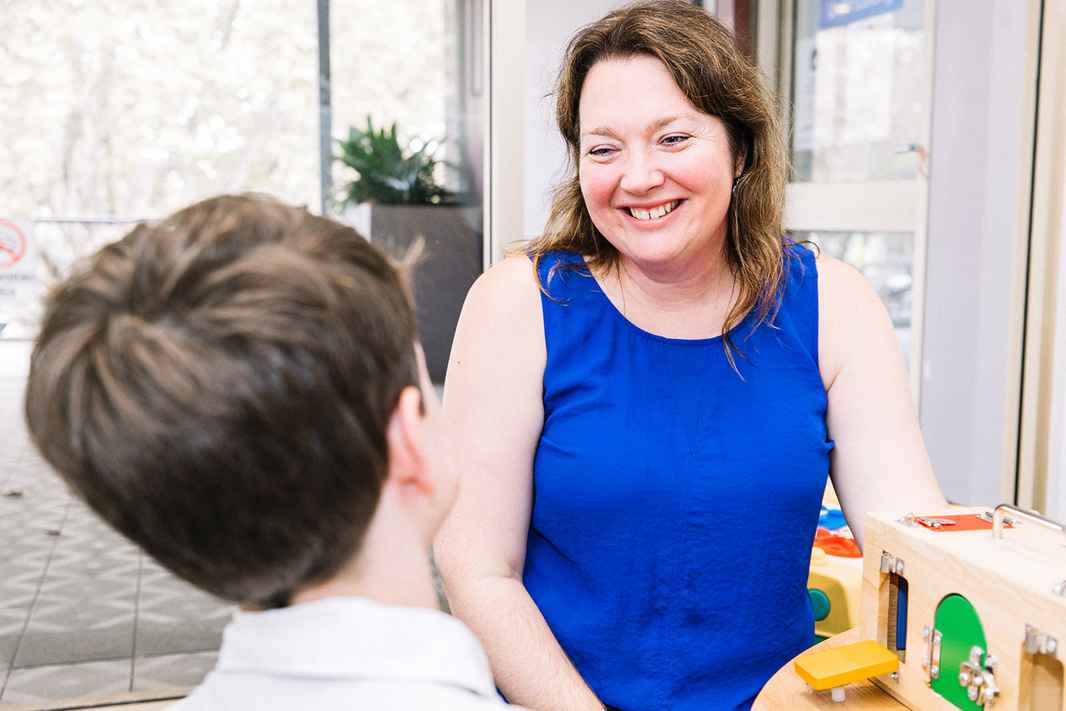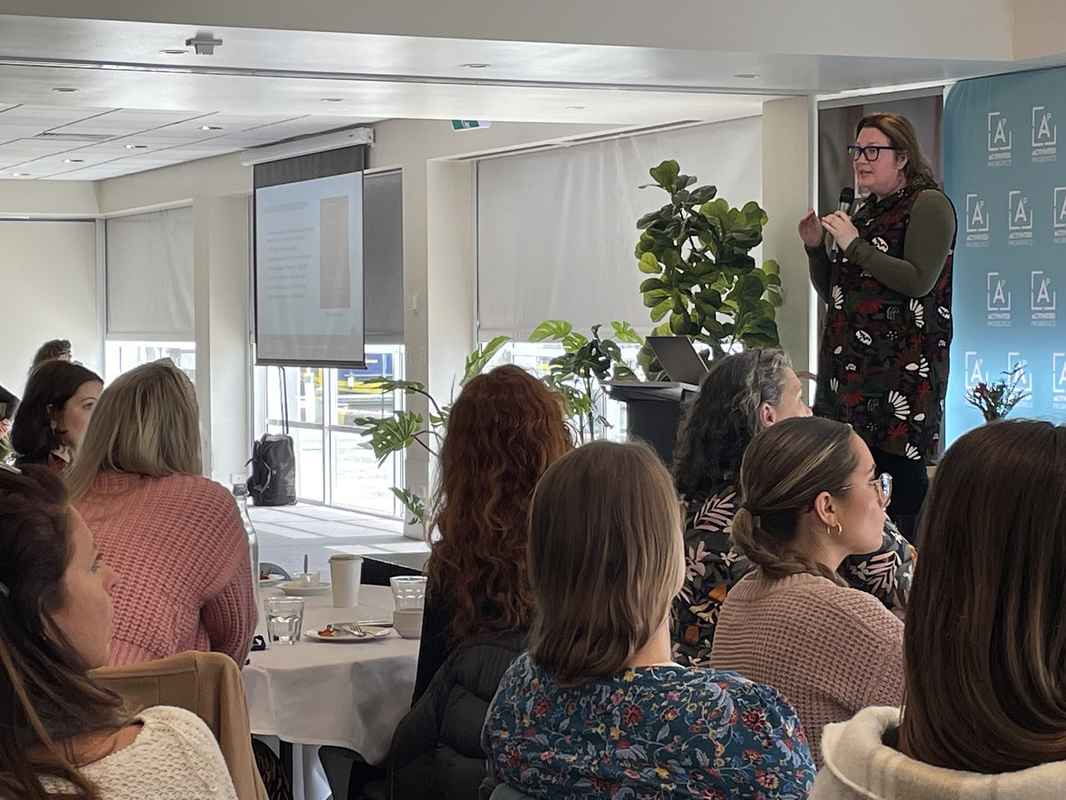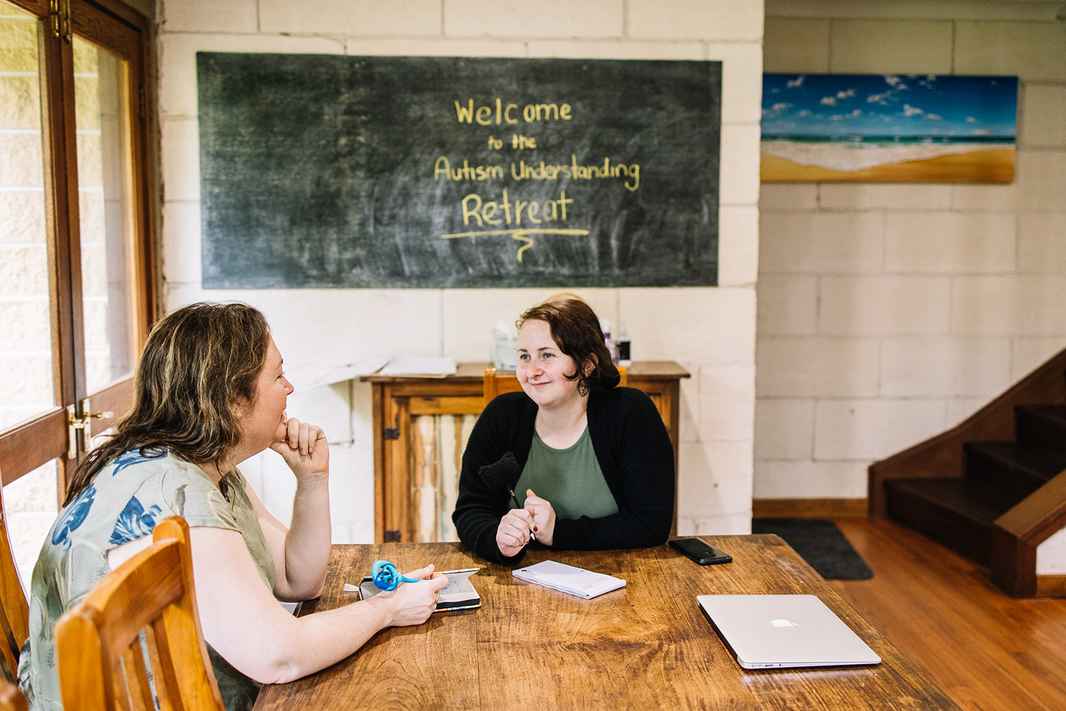Resources for Psychologists
Neurodivergent Clinician Symposium
Bringing together Australia's top neurodivergent health professionals, speaking from both their clinical expertise and lived experience. Join passionate clinicians in a sensory and movement-friendly space where you can learn, grow, feel safe and confident in exploring neurodiversity affirming clinical practices, communication and collaboration. Get access to all the practical strategies and resources you need to take your clinic to the next level.
🎓 CPD Points Apply
Our experienced psychologists have created a selection of useful resources you can use to better assess and support autistic clients in your clinic.

ONLINE LEARNING
Courses & Training
We are regularly creating new resources, courses and workshops for Psychologists. See what's new and coming soon.

LIVE & ON-DEMAND
Webinars & Workshops
We host regular online training series and webinars with Q&A sessions. All training provides CPD points and certificate upon completion.
AVAILABLE NOW!
Beyond IQ Scores Book
An Autism Assessment Handbook for Clinicians to gain confidence in making behavioural observations during cognitive and developmental assessments.
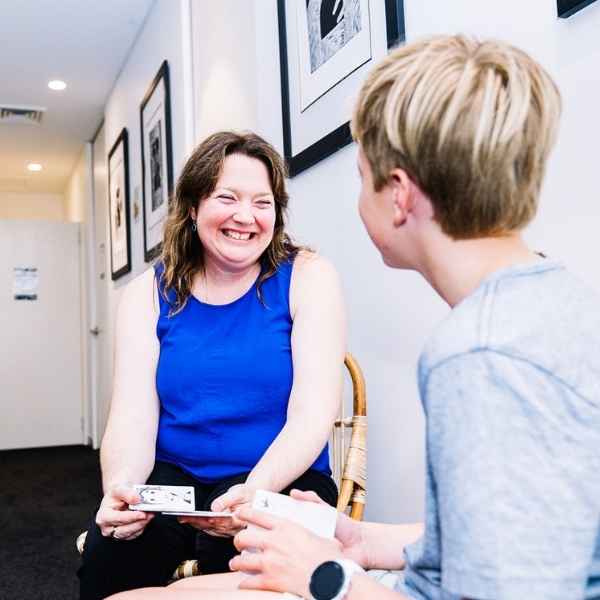
MORE RESOURCES
Neurodiversity Affirming Resources
Neurodiversity affirming resources created by neurodiverse people for neurodiverse people and their families.

FREE RESOURCE
Cognitive Assessment Observation Checklist
Use this checklist to quickly capture behaviours you observe during an assessment, and describe behaviours with more confidence in your reports.

FREE RESOURCE
Neurodivergent Student Profile
This is a great resource for sharing an Autistic student's strengths, needs and strategies with teachers and service providers.
How to Create a Neurodiverse Affirming Autism Assessment Experience
This webinar training covers:
- Creating a sensory-friendly clinic space.
- Tailoring assessments to address the client's unique needs for questioning.
- Selecting assessment tools.
- Adapting existing tools for adolescents and adults.
- Spotting the internalised presentation of autism.
- Encouraging clients to understand and feel in control of their assessment process.
- Recognising lived experience and strategies that work for them.
- Celebrating discovery of their autism and what that means for them.
Neurodiversity Affirming Practices when working with Autistic people and their families.
This webinar training covers:
- updating the language we use and the reasons behind these changes;
- strengths of the Autistic brain style;
- internalised presentation of Autism and the mental health impacts associated with masking;
- the Double Empathy Problem and improving everyone's understanding of Autistic social communication styles;
- what we've learned from neurodivergent adults, particularly from the Autistic community;
- things to consider when aiming for neurodiversity affirming practice and research;
- neurodiversity affirming resources for children, young people and adults.
Navigating First Autism Conversations
This webinar training covers:
- How to explain Autistic brain styles, social communication styles, learning and play styles.
- Benefits of engaging in an autism assessment for children, adolescents and adults.
- What an autism assessment involves.
- Aims of supports and accommodations - to better understand and support neurodivergent brain styles, not to teach people how to look neurotypical (camouflaging).
- How to find neurodiversity affirming resources, and avoid out-of-date material.
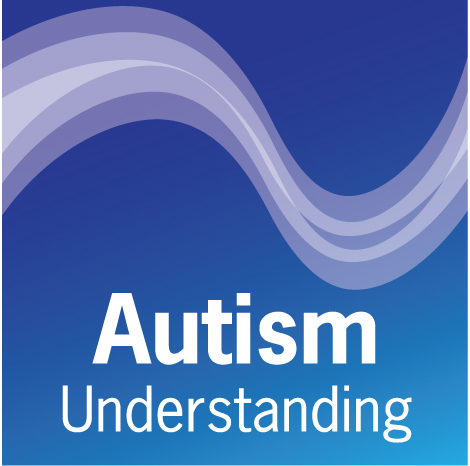
 Autism Understanding
Autism Understanding 